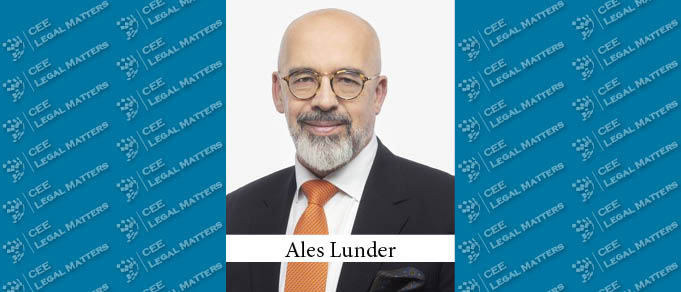ESG is undoubtedly one of the hottest topics not only in the compliance community but also in the legal one.
Last month, I participated in a round table organized by the European Institute of Compliance and Ethics on the future and challenges of sustainable business, exclusively attended by compliance and business ethics professionals from Slovenia. The initial main topic was the proposed Directive on Corporate Sustainability Due Diligence and how to prepare for it, however, the discussion soon moved to more current ESG-related topics, due to the early stage of the directive legislative process and its expected date of implementation at the earliest in 2026.
According to one of the lecturers, currently both the Regulation on the establishment of a framework to facilitate sustainable investments (the Taxonomy Regulation) and the Sustainable Finance Disclosure Regulation (SFDR) are causing significant problems in practice in Slovenia, as both are, to some extent, still works-in-progress with quite a few open questions, whereas, from a practical point of view, the main problems are the technical standards of both regulations and the determination of key performance indicators for the Taxonomy Regulation.
One of the lecturers at the round table coined the phrase “green regulatory reporting tsunami,” as, apart from the above-mentioned regulations and directives, in April 2021, the EU Commission has adopted additional relevant regulations, where the practical implementation is a moving target.
From a Slovenian bank compliance manager's point of view, the whole situation is reminiscent of a Hitchhiker's Guide through the ESG galaxy.
Fortunately, we also spoke about positive developments, almost all based on voluntary actions and commitments. As laudable as voluntary commitments are, they are not risk-free. Companies should be very careful when formulating targets and commitments toward climate actions (specifically net-zero strategies and climate pledges) through advertisements, internal policies, or otherwise. At a minimum, they should review, on a regular basis, what steps have been taken to achieve those goals. Our observation in Slovenia is that large multinational companies where the shareholders (mainly family-owned) and management support ESG and are prepared to invest in it and small companies are seriously engaging with ESG, while mid-sized companies and a lot of state-owned or controlled companies have not yet started to do so.
We also increasingly see the use of ESG-related clauses in share purchase and facility agreements, mainly driven by foreign investors and lenders, as well as, to a limited extent, in some public procurement procedures, where the tendering body is far from fully exploiting the ESG potential at its disposal.
While there are some positive developments and efforts in the private sector, the Slovenian legislator is not exactly excelling in implementing and actively supporting the further development of ESG.
Traditionally, the Slovenian legislator is not the fastest in implementing directives – which again proves to be true in relation to the Whistleblower Directive. To date, the directive has not been implemented and whistleblowers in Slovenia are protected by more than eight specific uncoordinated sectoral statutes, which limit the definition of irregularities to certain areas and only cover certain types of persons. It should be further noted that there are no penalties or other consequences for employers who fail to implement the reporting structure under current legislation.
Likewise, the legislator concentrated, in its recent overhaul of the Construction Act, rather on procedural changes and did not use the opportunity to implement any significant changes in relation to the sustainable use of natural resources. While on the one hand this goal was programmatically written into the law, nothing has been done on the ordinance level to enable that goal to be
Further, we observe advertising campaigns that are already very reminiscent of greenwashing, in terms of their content. So far, we are missing greenwashing court cases in Slovenia, like the Alcantara case in neighboring Italy, the Dutch KLM case, or the very recent Rawson v. Aldi case in the US, and, unfortunately, we do not expect that we will get any in near future.
In conclusion, there are many problems and challenges associated with an active ESG environment and policy but, while the road to get there might be long, there certainly is a drive in the right direction.
Ales Lunder, Partner, Senica
This Article was originally published in Issue 9.7 of the CEE Legal Matters Magazine. If you would like to receive a hard copy of the magazine, you can subscribe here.
















